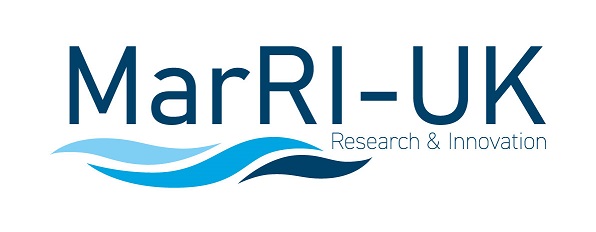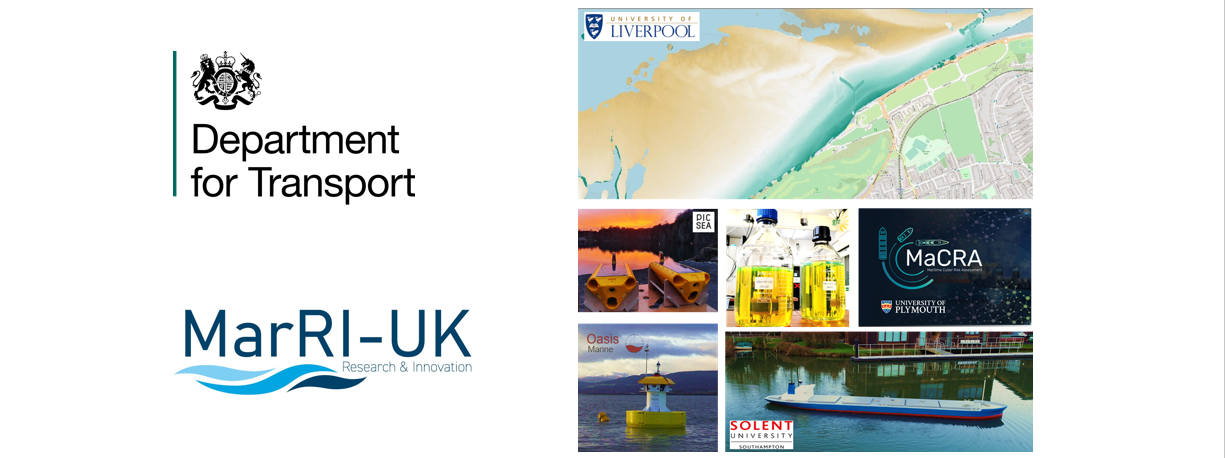The Department for Transport (DfT) has been pivotal in driving innovation within the maritime sector, investing £5.3 million in projects managed by Maritime Research and Innovation UK (MarRI-UK). These projects have led to a range of positive outcomes, including leveraging further public and private investment, commercial services deployment and the spin-out of a private company to further develop the technology. As the projects near completion, we have gathered evidence to assess their impacts. A more comprehensive assessment will be conducted in early 2025 when all projects are completed.
MarRI-UK, a collaborative platform comprising industry, academia, and government, has overseen 23 research projects funded by the DfT over the past four years. These projects, spanning clean maritime initiatives, technological innovations, and smart maritime land operations (SMLO), are integral to enhancing the efficiency and sustainability of the maritime industry. In turn maritime is essential to the UK economy, with around 95% of all import and export tonnage being transported by sea[1].
The rationale for government investment in research and development (R&D) is well-established. By mitigating the risks associated with innovation and fostering knowledge spillovers, public funding stimulates private investment and drives economic growth. The UK government’s innovation strategy underscores the significant economic benefits derived from R&D funding, with every £1 of public investment generating £7 in economic returns[2].
The impacts of DfT funding through MarRI-UK have been profound. Involving 69 project partners, with a total investment of £9.0 million, including contributions from other sources, these projects have created 58.5 full-time equivalent jobs. In addition, the total amount of further investment attracted is estimated a total of £68.3m in additional funding across the clean maritime and technology and innovation themes (figures not available for SMLO), which included£19.9m public funding and £48.4m in private investment. Basically, every £1 of initial funding (private and public) led to further investment of £13.20 (private and public), while every £1 of DfT initial funding leveraged a further £16.70 in private investment.
Notable successes include the “WaveMaster Zero C” project, which secured £10 million in public funding and £32 million in private investment to develop the world’s first electric Service Operation Vessel (SOV). Other projects, such as the Maritime Cyber Risk Assessment Tooling (MaCRA) and Portonomy, have led to commercial developments and operational enhancements, addressing critical challenges in cybersecurity and autonomous vessel integration.
Despite these achievements, challenges persist, including fuel uncertainty, regulatory hurdles, and skill shortages. Addressing these obstacles will be crucial to sustaining the momentum of innovation in the maritime sector and ensuring its long-term viability.
Looking ahead, ongoing monitoring and evaluation of project outcomes will provide valuable insights into the efficacy of DfT’s investment strategy. As the maritime industry continues to evolve, continued government support for research and innovation will be essential for driving progress and maintaining the UK’s position as a global maritime leader.
In conclusion, the DfT’s initial £5.3 million investment in maritime R&D has yielded significant dividends, fostering innovation, creating jobs, and attracting further investment. While challenges remain, the successes achieved underscore the importance of sustained government support for technological advancement in the maritime sector.
To download the full impact analysis note, please click here.
[1] https://www.gov.uk/government/statistics/transport-statistics-great-britain-2022/transport-statistics-great-britain-2022-international-travel-and-freight.
[2] See the UK government’s innovation strategy at https://assets.publishing.service.gov.uk/government/uploads/system/uploads/attachment_data/file/1009577/uk-innovation-strategy.pdf (p10).


